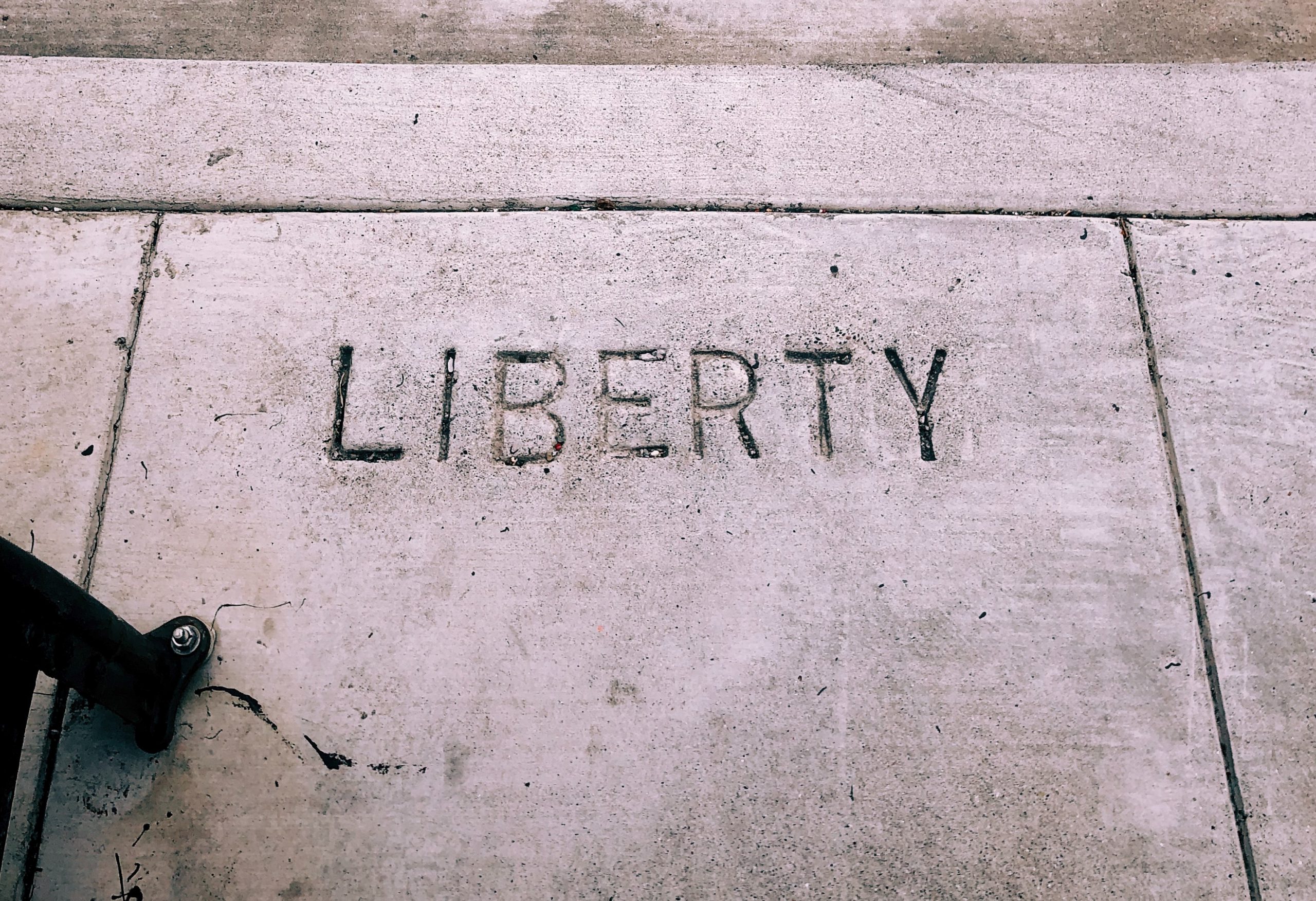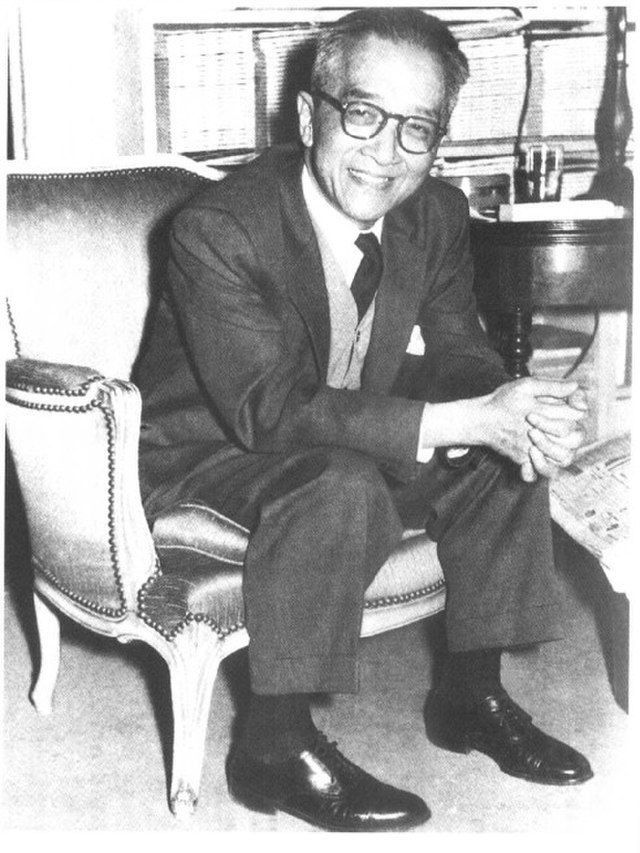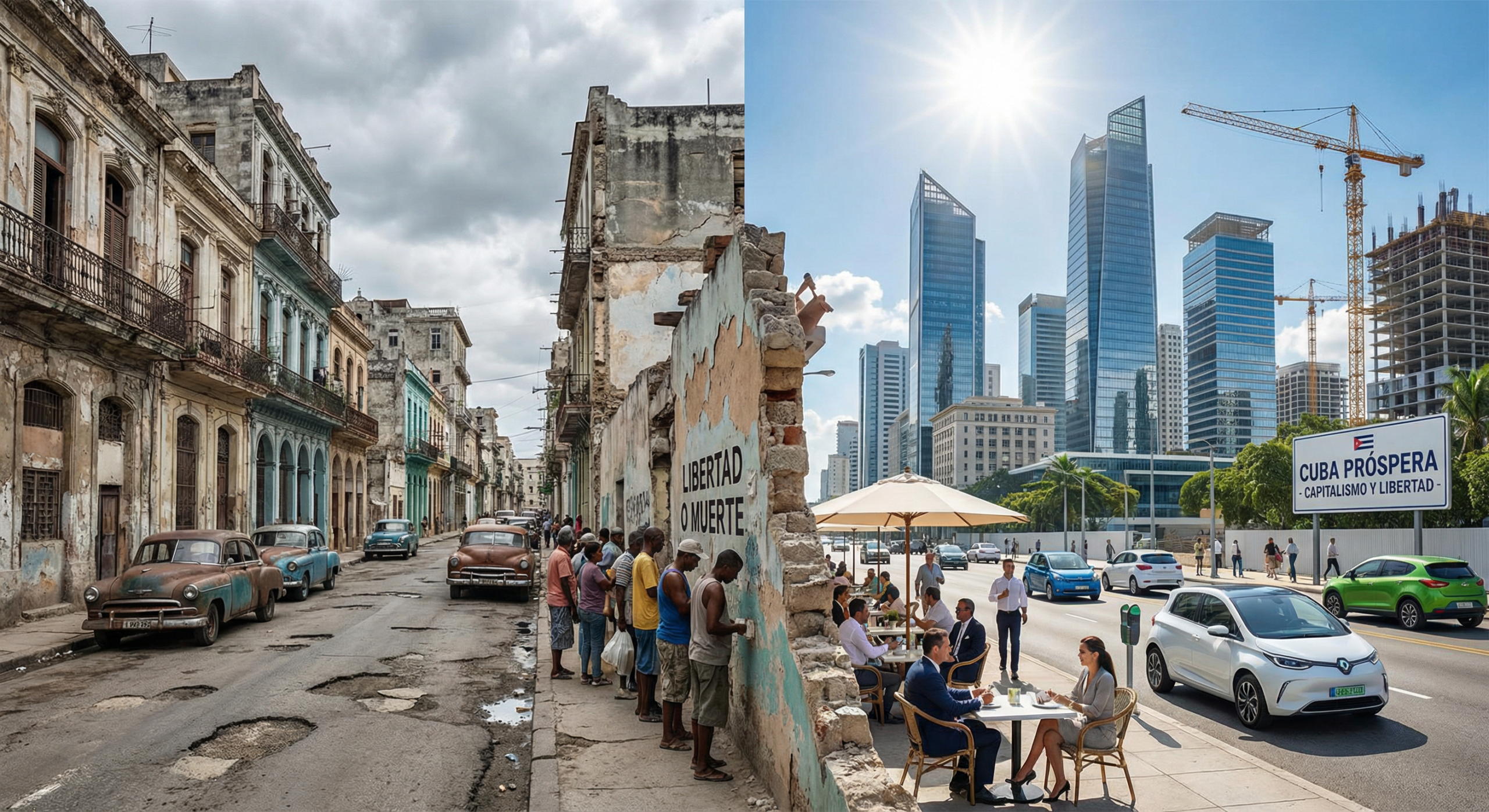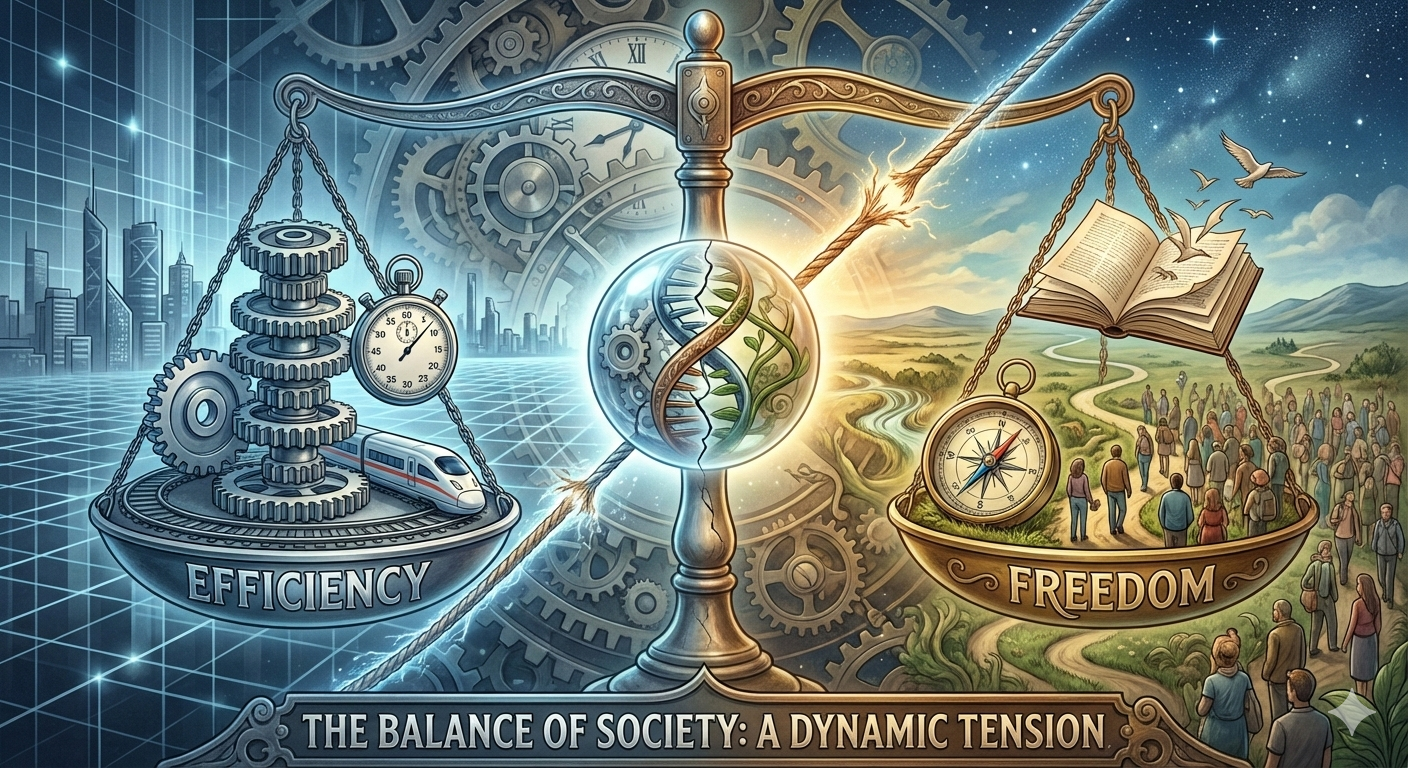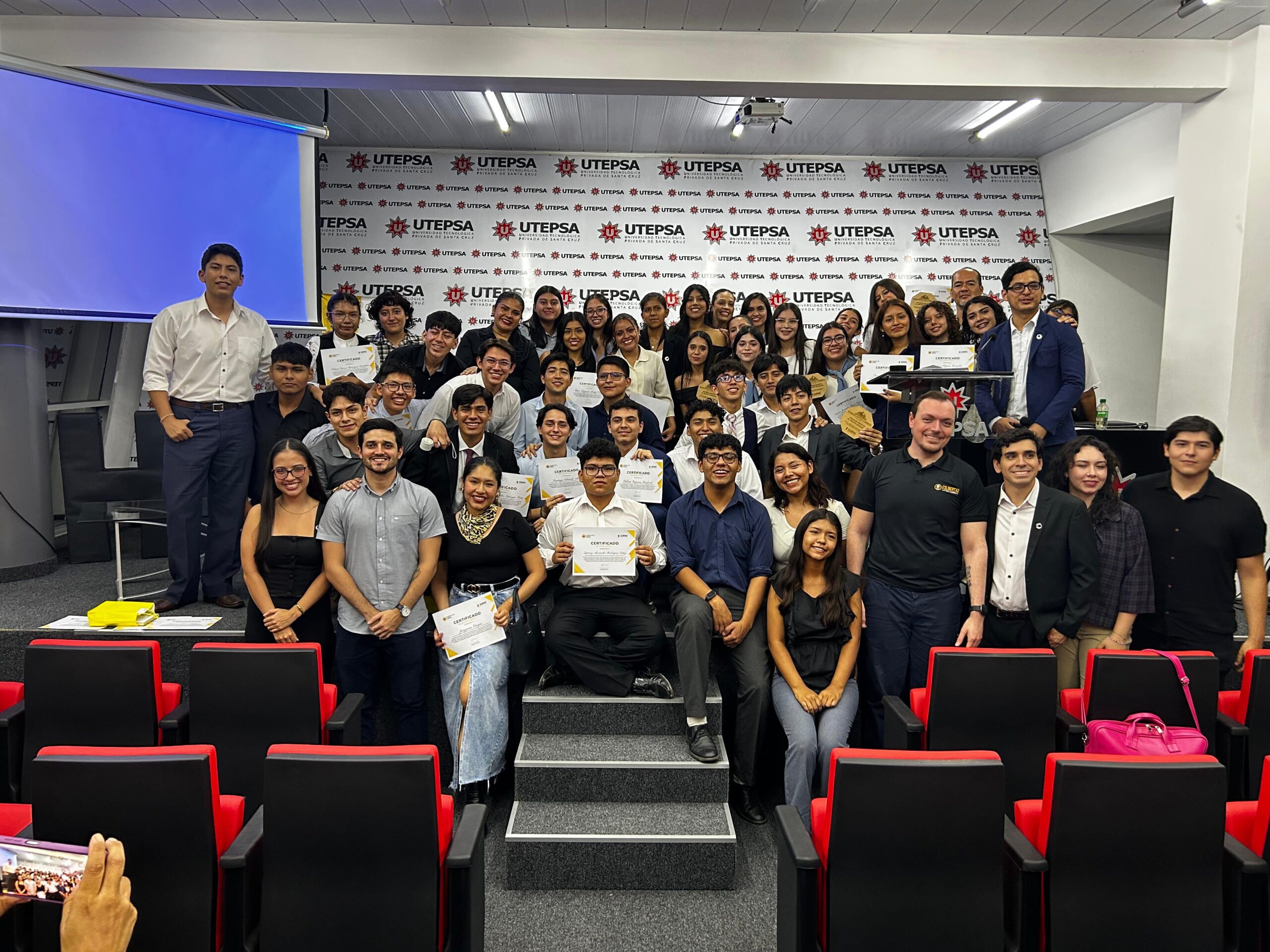The quest to find the true meaning of liberty resonated with me since I was a young girl and continues as I write this scroll as a 23-year-old. I frequently come across historical narratives of how the 1960s political landscape was defined by liberalism. In the present time, the word is loosely tossed around, where people, even those who consider themselves liberals or woke liberals are unsure of its meaning. One can understand it as a political philosophy resting on the natural rights of men. Originally, it was considered to be tolerant and egalitarian where liberals could exercise greater self-control, but soon this transformed into a political system that started to unleash repressed energies of the individuals. This allowed for strong and viable political opposition, which led to the stability of sorts in the political spectrum.
Bruce Bawer in an article titled, “The other sixties,” described the 60s as an era of drug culture, and rebellion against authority. This meant a new order was under construction. Decades later, the liberal world is now being confronted with racial divisions, questioning of institutions, and inequities. Polarising ideological divisions have started to emerge in societies today. Liberalism itself is engulfed in a conflict, the philosophy has spurred away from its path of defending the freedom of individuals to a conflict targeting individuals of liberal backgrounds that may hold differing views on certain issues such as market economy, religion, technology, etc. The decadence in institutional importance and morals of individuals has introduced a new world of inequalities, censorship, violence, and totalitarianism.
Francis Fukuyama argued in the “Great Disruption,” about a causal connection between the economic changes related to the ever-changing social mores. Here it can be construed that the former has a prudent effect on the latter. While this may not be a Marxist argument, it can likely be said that this shares a connotation with Marxism to an extent, however, one needs to connote that the interplay between the political philosophy and the rights of men, is fueled by productive forces that fuel social and political change that brings in dystopia. This is because man is, “Homo Faber,” a concept that places human beings as entities that are responsible for their own creation, in this context, as entities responsible for inducing warlike politics furthering the decline of liberalism in an age of polarisation.
Social mores started being disrupted when a shift from the industrial to the service economy was witnessed globally. This led to the creation of opportunities for the minorities but at the same time, led to higher crime rates, violence, and drug abuses, and more corruption. The incapacity of the governments and institutions to curb this escalation significantly led to distrust and division of opinions. This subsequently cast a shadow on the liberal roots because of the society engaging in outrage of a new normal. While this shift expanded a new direction, it is prevalent that the fight to establish the grounds for rights and liberties continues today. Protests that prevailed in the 60s for social movements on behalf of civil rights and justice can again be brought to light as they get increasingly challenged in today’s turbulent times. The present time can be construed as an era where counterculture is again challenging many values and beliefs that are now slowly receding the society into a more traditional nature. One such prominent instance can be how militia groups are challenging governmental power due to their failures of prospering the state. The polarization that exists today can also be dated back to the 60s, an era that portrayed radicalism, liberalism, and conservatism in an ideological clash. This polarised clash is now combatting different views to place themselves in a society that is yet to find its actual meaning.
Previously when liberalism defined the society’s foundation, it reflected an ideological consensus in the society. Even though partisan differences widened, liberalism was often viewed as powerful. This was because liberalism stood for reform and not as an oppositional force to society. The complexity and division made liberalism lose its power. The shift from critical thinking and indicative reasoning to substantiate policies and justice and liberties continue to widely decline. The void started to prevail in the intellectual leadership among several liberal platforms. Mainstream politics refashioned liberal policies and politics and introduced a new embracing of claims of a more just society and self-governing democracy. This further led to the weakening of liberal foundations, largely because of the public discussion being shaped by ideas contrary to liberalism.
To define liberalism today, we can consider what R. R. Reno, the Editor of First Things said, “[w]e’re afflicted by a liberal monoculture” characterized by a “double-pronged project of cultural and economic deregulation.” This has completely eroded the accord that usually binds society together. Another contention, that can be brought to light would be author Nicole Aschoff, who currently serves on the editorial board of Jacobin who criticized the liberal policies of “globalization, deregulated financial markets, [and] massive tax giveaways to big business and the rich,” as policies that created an abyss of inequality between elites and ordinary people1. Classically, human beings were understood to be shaped by political and social institutions preceding the limited capacity of individuals. Contrary to this, romantically, individuals are viewed as born free with unlimited capacity but chained to the state rules. The struggle is to find the meaning and be unchained.
Liberalism is presently a state of utopia, far from actual reality.
But what is the true meaning of liberalism? Moreover, does liberalism still exist, and if yes, will it continue to exist? This is something that needs to be pondered upon. Presently people are alone, and powerless, and chained to the state. Ironically, despite being polarised, institutions in the 60s had authority (universities, churches, military, and cultural academies), and were subsequently powerful checks on liberal ideas, ensuring liberalism prevails around. With uncertain times, even a crystal ball might not be able to predict what the actual identity of society will be and whether liberalism will still find its way for the future.
“The nation will continue to be a central pole of identification, even if more and more nations come to share common economic and political forms of organization.”
― Francis Fukuyama, The End of History and the Last Man
1 Mills, Anthony. “Liberalism Is Not Enough.” National Affairs, September 2021, https://nationalaffairs.com/publications/detail/liberalism-is-not-enough. Accessed 27 December 2021.
This piece solely expresses the opinion of the author and not necessarily the organization as a whole. Students For Liberty is committed to facilitating a broad dialogue for liberty, representing a variety of opinions.
